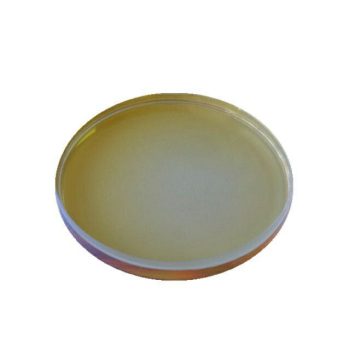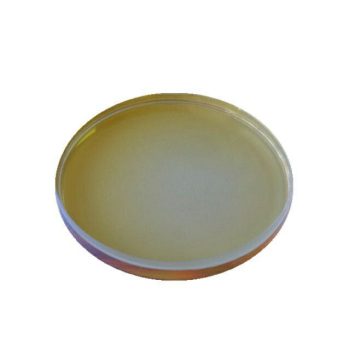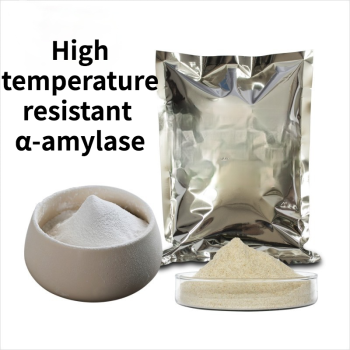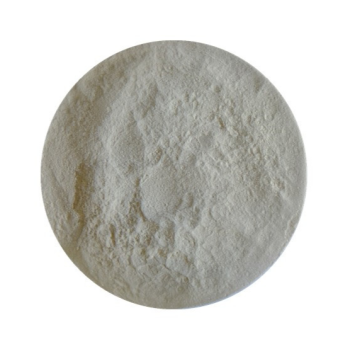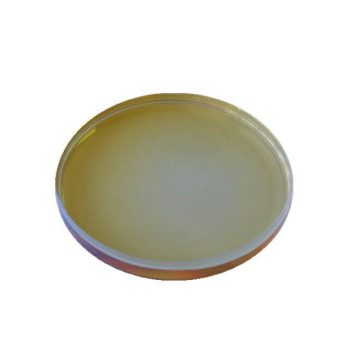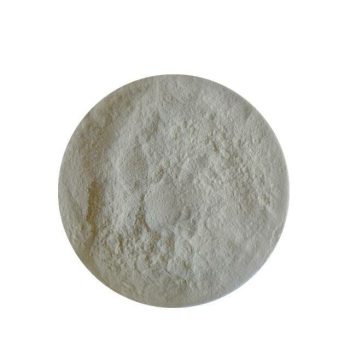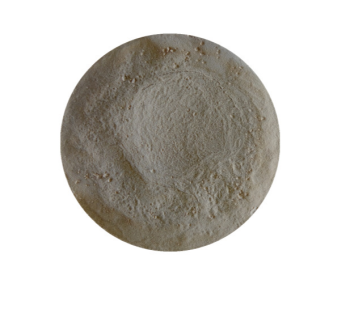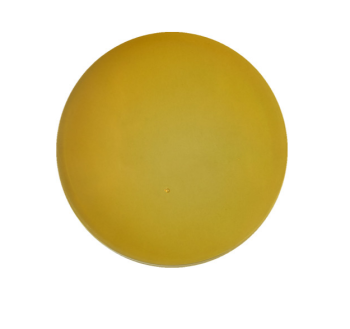Glucoamylase Enzyme For Ethanol Industry Enzymes.Bio GA150L
Introduction
The glucoamylase is produced by submerged fermentation of Aspergillus niger followed by purification and formulation. The product is used in starch sugar processing, alcohol fermentation, distilling, rice wine, vinegar, brewing, organic acid, and antibiotics fermentation.
Characteristics
| Declared Activity | 150,000 u/g |
| Production Organism | Aspergillus niger |
| Physical Form | Liquid |
| Color | Brown, color can vary from batch to batch. Color intensity is not an indication of enzyme activity. |
| Odour | Normal microbial fermentation odour. |
*Definition of Unit: 1 unit of glucoamylase equals to the amount of enzyme which hydrolyzes soluble starch to get 1mg glucose at 40℃ and pH 4.6 in 1h.
Specifications
| No. | Items | Index | |
| 1 | Bulk density/(g/ml) | 1.05-1.20 | |
| 2 | pH/(25℃) | 3.5–5.5 | |
| 3 | Lead/(mg/kg) | ≤5.0 | |
| 4 | Arsenic/(mg/kg) | ≤3.0 | |
| 5 | Total viable count/(CFU/mL) | ≤50,000 | |
| 6 | Coliform bacteria/(CFU/mL) | ≤30 | |
| 7 | Escherichia coli (CFU/mL) | ≤10 (MPN/mL) ≤3.0 | |
| 8 | Salmonella/(25mL) | Not Detected |
Dosage
- Alcohol and ethanol industry: The recommended dosage is 0.6-1.0L per ton of total raw materials. Added at the beginning of saccharification after pH adjustment, then saccharifying at 60℃ and pH 4.0-4.5 for 30-60 minutes.
- Beer industry: The recommended dosage is 0.4-0.8L of the enzyme preparation per ton of total raw materials, added at mashing-in.
- Starch sugar industry: The recommended dosage is 0.5-1.0L per ton of dry starch when saccharifying at 60-63℃ and pH 4.3-4.5. Other industries: Glucoamylase can also be used in the processing of rice wine, edible vinegar, antibiotic, and citric acid industry, etc.
The dosage has to be optimized based on each application, the raw material specifications, product expectation, and processing parameters. It is better to begin the test with the convenient volume.
Package
* Package: 1 kg / bag.
Storage
Keep sealed in a dry and cool place and avoid direct sunlight.
Shelf Life
12 months in a dry and cool place.
Recommended Products Used Together
If glucoamylase is used together with Amylase, Protease, and Pullulanase, it will contribute to improving the whole quality of the flour products.
Amylase
High-temperature resistance of the enzyme makes it possible to liquefy starch and reduce viscosity while gelatinization, which brings lots of benefits for starch sugar processing and related industries.
Protease
The neutral protease is produced by submerged fermentation of Bacillus subtilis followed by purification and formulation. The product has been widely used in alcohol fermentation to degrade proteins in raw materials.
Pullulanase
Pullulanase is a thermal stable debranching enzyme and is able to work at low pH, and is widely used in brewing, starch sugar processing, monosodium glutamate, and alcohol fermentation, etc.
Safety
Enzyme preparations are proteins, which may induce sensitization and cause allergic type reactions in sensitized individuals. Prolonged contact may cause minor irritation for skin, eyes, or nasal mucosa, so any direct contact with the human body should be avoided. If irritation or allergic response for skin or eyes develops, consult a doctor.

